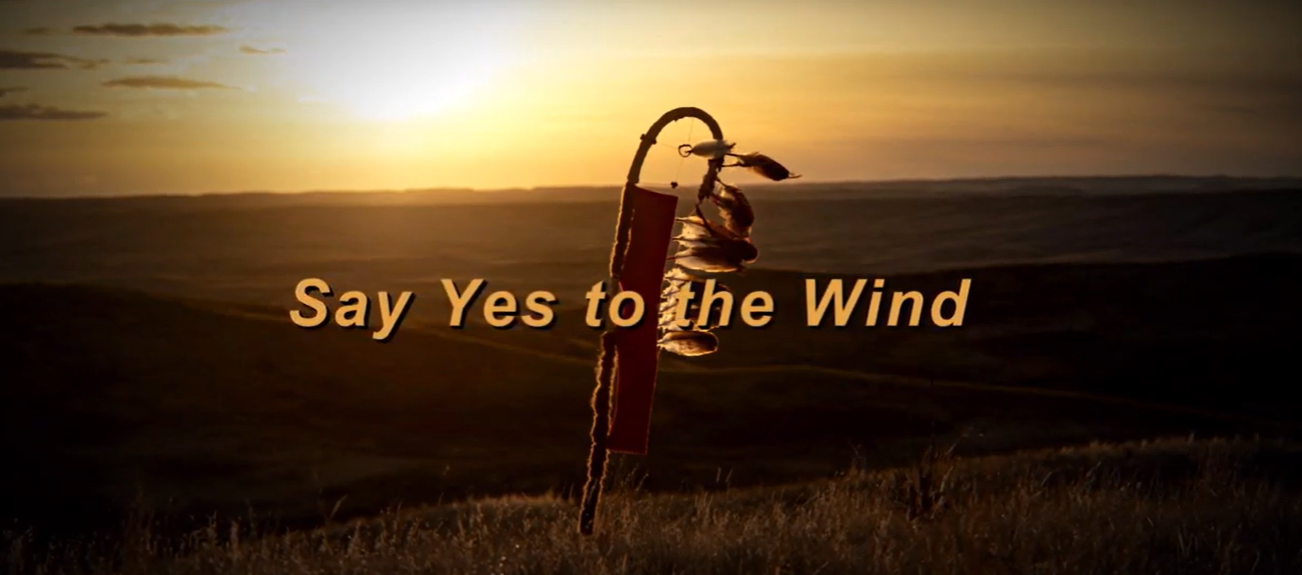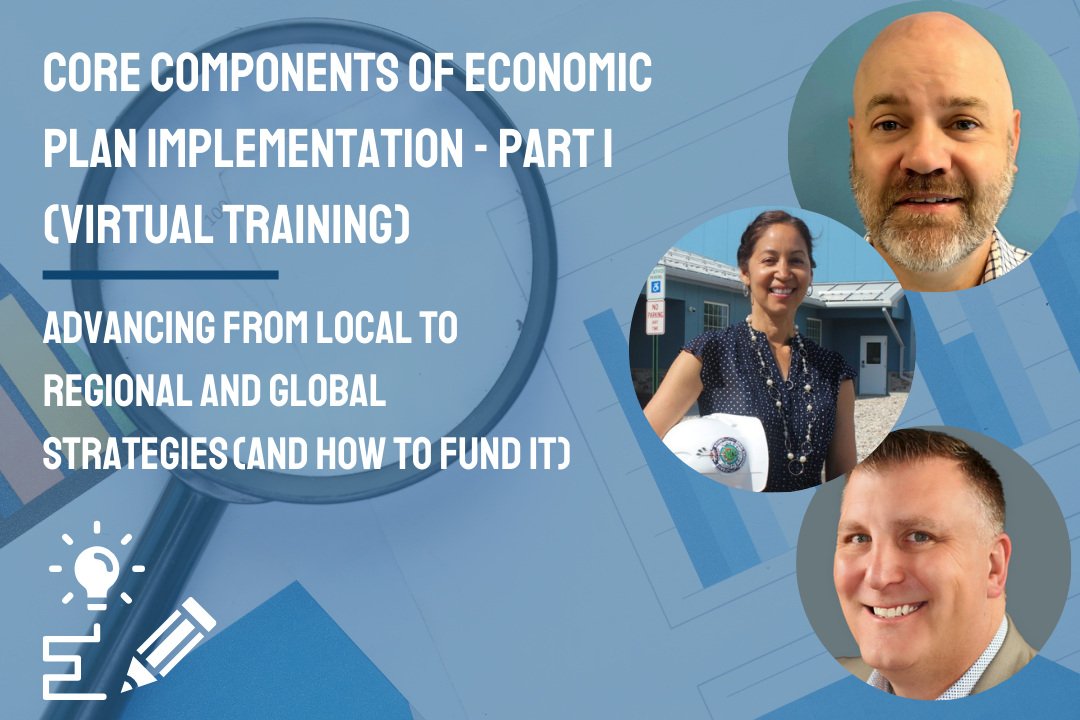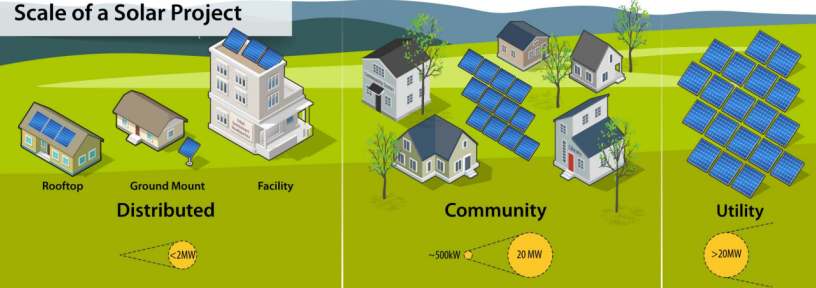

Charging Forward: A Toolkit for Planning and Funding Rural Electric Mobility Infrastructure
This toolkit is intended for a variety of rural entities, including local communities, Tribal governments, and individuals. The majority of information in this toolkit is most relevant to rural entities seeking to install charging stations for broader public or private use.

Tribal Transit Section of the Transit Manager’s Toolkit
The Tribal section of the Transit Manager’s Toolkit includes information and guidance to ensure that Tribal transit managers are aware of available resources to successfully provide rides for Tribal citizens.

NCAI'S Building Tribal Economies Toolkit
This toolkit shares the findings of NCAI’s “Building Tribal Economies” research and outreach initiative, which works to train the focus of Tribal Nations on the strategic, foundational considerations involved with building integrated and resilient tribal economies capable of supporting their communities and citizens today, tomorrow, and for generations to come.
This first section of the track underscores the foundational elements of economic development plan implementation, including a qualified workforce/labor pool, an entrepreneurial ecosystem, and the primary infrastructure necessary to support economic activities.
This session featured the presentation of two unique funding mechanisms for supporting community economic development in tribal and Native communities, including Section 105(l) leases and Treasury’s State Small Business Credit Initiative (SSCBI), as well as an introduction to some useful tools and Resources the EDA offers for underserved communities
The first training in the CoP’s 9-part series of a variety of topics across Indian Country. Cris Gastner and Kevin Klingbeil from Big Water Consulting led a discussion and exercises about the foundations and essential components of CED in Indian Country and an introduction to CED planning.
The discussion centered around how project leaders identified a need for the facilities in their communities, how they secured funding, and the impacts the health centers will have and are having on community economic development. Experts also discussed how the 105(l)-lease program can help fund and support Native health centers.
Related: Energy Resources
EECBG Program provides $8.8 million to 774 eligible Tribes, including Alaska Native Regional and Village and can be used to upgrade buildings, install renewable energy equipment, or develop climate and clean energy plans.
The BIA’s Branch of Tribal Climate Resilience program will support federally recognized Tribes and Tribal organizations as they address current and future climate change impacts on Tribal Treaty and Trust resources, economies, regenerative agriculture, food sovereignty, conservation practices, infrastructure, and human health and safety. All 2024 award applications must be submitted online by October 18, 2024.
The Low-Income Communities Bonus Credit Program (48e) promotes cost-saving solar or wind investments in low-income communities, on Native American/tribal land, as part of affordable housing developments, and benefiting low-income households. Under this program, there are opportunities that can help fund 50% of solar project costs at Federally-assisted residential properties.
The Inflation Reduction Act of 2022 (IRA) has multiple clean energy tax credits available to Tribal governments, Alaska Native Corporations, businesses; tax-exempt organizations; state, local, and governments; other entities; and individuals.
The Office of Indian Energy provides financial assistance on a competitive basis to develop and deploy clean energy infrastructure and technology, and this table lists current clean energy funding and related opportunities for Indian Tribes and Tribal entities from the U.S. Department of Energy and other federal agencies and entities.

There are significant current opportunities for tribes to leverage federal funds to finance energy and decarbonization projects since “recent laws such as the America Rescue Plan, the Bipartisan Infrastructure Law, and the Inflation Reduction Act (IRA) include allocations specifically for Tribal and Native communities.” In an effort to support self-determination, these funds are critical for tribes to “prosper and flourish on their own terms.”
Historical investments from the Bipartisan Infrastructure Law (BIL) and Inflation Reduction Act (IRA) provide a once-in-a-generation opportunity to transform energy communities and create boundless opportunities for communities to redevelop and revitalize.
This guide for communities looking to plan or build clean energy projects provides an overview of many federal programs that offer funding or advice to support these types of projects.














